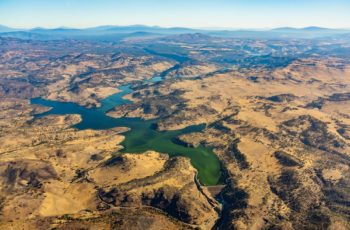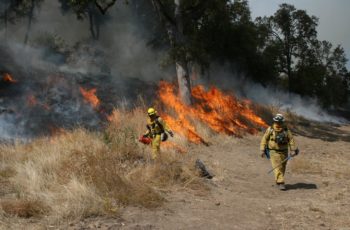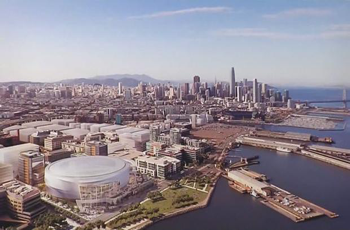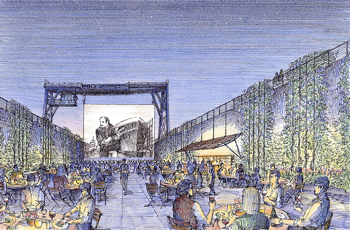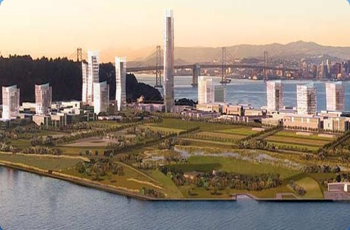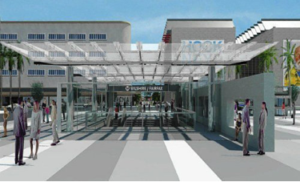Klamath River Renewal Project
The Klamath River Renewal Corporation (KRRC) proposes to take ownership of four PacifiCorp dams on the Klamath River—JC Boyle, Copco, No. 1 & 2, and Iron Gate—and then remove these dams, restore formerly inundated lands, and implement required mitigation measures in compliance with applicable federal, state, and local regulations. Removal of the four hydroelectric dams is the first crucial step to restore the health of the Klamath River and the communities that depend upon it. In order to accomplish these objectives, KRRC must first obtain approval from the Federal Energy Regulatory Commission (FERC). For the three dams within California (the JC Boyle Dam is in Oregon), KRRC must also obtain the approval of the State Water Resources Control Board. RMM attorney Jim Moose is part of the team of attorneys assisting KRRC with the acquisition of the approvals needed for removal of the three facilities within California.

